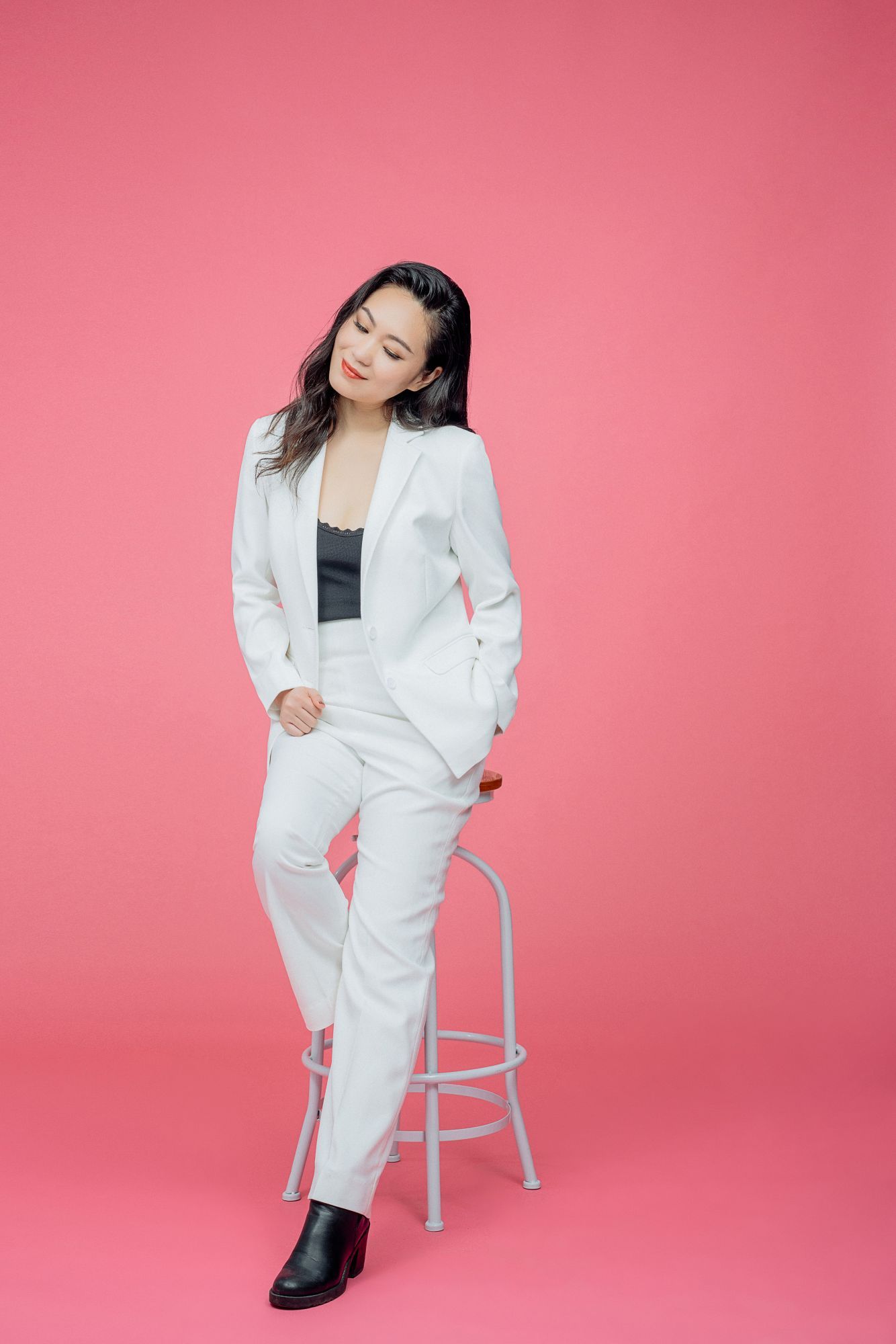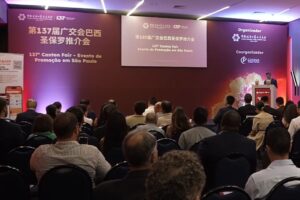
How do you find the right co-founder? Here, five entrepreneurs from the Gen.T List weigh in
Much like a marriage, finding the right co-founder can be one of the most important decisions of your life. But unlike a marriage, you don’t have the luxury of spending years getting to know them before you make the commitment. All of which means you need to know what qualities to be looking out for from day one.
From the co-founder of a makerspace in Kuala Lumpur to a fintech startup in Hong Kong, we ask five Gen.T honourees what to look out for when picking the ideal co-founder, and how to navigate the decision that will ultimately put you on the path to failure or success.
Test the water before you fully commit
ANDY CHAN
Co-founder and CEO, Qupital
“There was a period of testing when we worked together on a part-time basis for about two months before both of us fully committed to co-founding the company,” says Andy Chan, whose Hong Kong-based fintech startup empowers early-stage businesses with access to quick capital.
Chan spoke to around five people before he came to the decision to work with Winston Wong. “He was one of the first to show real fit and a shared vision; we were lucky to find each other so quickly.”
Viability
“One thing I learnt is to speak to as many people in the space of your venture about your idea as possible to gauge interest from potential co-founders, but also to get a feel for the initial viability of your project.”
Personality fit
“It’s also important to appreciate your co-founder’s personality and sense of humour, as you will be spending a very large portion of your days together with them. Your co-founder should believe in the same vision as yourself—it’s crucial your founding team has a united goal for the business.”
Understand that there will always be conflict
JILL TANG
Co-founder, Ladies Who Tech
Having launched multiple startup projects that didn’t make it, Jill Tang learnt the hard way to choose her co-founders wisely. Tang—whose Shanghai-based organisation aims to narrow the gender gap and promote female inclusion in STEM industries—now has her own framework to properly screen potential co-founders, and it begins with “why, how and what”.
“I try to understand their personal ‘why’ and business ‘why’, because by understanding this, I can find out whether our values are aligned and whether we have a shared mission and vision,” she says. Understanding their “how” and “what” gives Tang the ability to determine the potential co-founder’s ability to execute their goals.
Understand that there will always be conflict
“We work together very well,” she says of her current co-founders. “It’s normal to have different opinions and arguments because we have different backgrounds, cultures and upbringings. But if our ‘why’ is aligned, then we can put our ego aside and agree on a solution that works best for the business and the bigger purpose.”
Mr Right
“Co-founders are like a married couple: it’s not easy to find that Mr Right. There will always be differences and conflicts. But as long as you share the same values and mission for the business, then work to embrace the differences. And remember that things might not work out as planned, so accept it. Fail faster and move on.”
Keep it in the family
CAITLIN SPENCER
Co-founder and CEO, Solerìco
Caitlin Spencer launched charity Solerìco—which bridges the gap between renewable energy pioneers and the communities that would benefit most from the technology—with her husband and childhood friend. “I didn’t have to interview countless people to find the perfect co-founder,” she says. “The three of us came up with the concept of Solerìco together and decided to set off on this journey.”
A family affair
While many are apprehensive of mixing personal and professional relationships, Spencer says that she was confident they could all work together without causing any strain to their relationships because it was a charitable venture. “We don’t have the pressure of ensuring investors are treated well, we don’t have to worry about our share price—all we need to do is work to ensure that our end beneficiaries are better off than they were before our help.”
Spencer says that the main benefit of working with people you are very close to is that you already have trust and respect for them. “When one of us comes up with an idea or wants to expand the team, it’s a much shorter vetting process as we don’t have to question intention, reliability of the source, or judgement.”
Ensure your values are aligned
RASHVIN PAL SINGH
Co-founder, The Biji-Biji Initiative
“For us, the vetting process really happened through an alignment of values and shared principles,” says Rashvin Pal Singh, co-founder of upcycling startup Biji-Biji and Me.reka Makerspace. “As most of us [co–founders] were friends before, we were able to ensure that we all had a shared vision.”
Honesty
“We encourage one another to be very critical of the work being done, and to really share honest feedback. This of course has led to very heated discussions, and sometimes I personally do get worried that the heat is too much. However, it is these honest chats that have been the backbone our of journey so far. Having drinks together helps too!”
Test the dynamic early on
“Working as a group of founders will ultimately be your biggest strength or weakness. Often times, it will be both, and it’s how you manage the different dynamics between each other that determines the outcome,” says Singh. “You can disagree on business operation decisions, but not on key principals,” he says. “This was tested through our initial starting period, when there were very limited funds available. Each of us had to pour in our own time and juggle our various different commitments. The members that stayed through the initial difficult times are here till today.”
Find someone with integrity
ANNA WONG
Co–founder, Female Entrepreneurs Worldwide
“I had a list of several ideal girl friends that I wanted to invite to start a business together,” says Anna Wong. Ultimately, Wong decided to work with fellow Gen.T honouree Ines Gafsi to launch her female-focused community of entrepreneurs, as she “showed the greatest interest and passion, and I felt energetic when we were working together.”
Wong had a defined criteria of the type of co-founder she was looking for: integrity, trust, passion and a belief in the company’s mission were all vital components, as well as the ability to work well under stress and an awareness of their own strengths and weaknesses.
Understand your co-founders needs
“It’s important to understand your business partner’s life purpose, personal needs and their plans for the next three to five years. You need to know if she would include you and this business in her next plan—and it’s better to communicate earlier rather than later. Now when I recruit new core team members, I spend quite a large amount of time with them to really get to know who they are and their personal development plan.”
Remember you’re picking a business partner, not a friend
“Many people start a business with their friends. In the beginning, they want to be fair or feel bad asking for a bigger equity, and then divide the shares equally amongst them. However, this is very risky for shareholders and investors in the future, and it can result in a deadlock if disputes happen. It’s important to select someone to be a leader of the company or have a director with majority shares and votes.”

